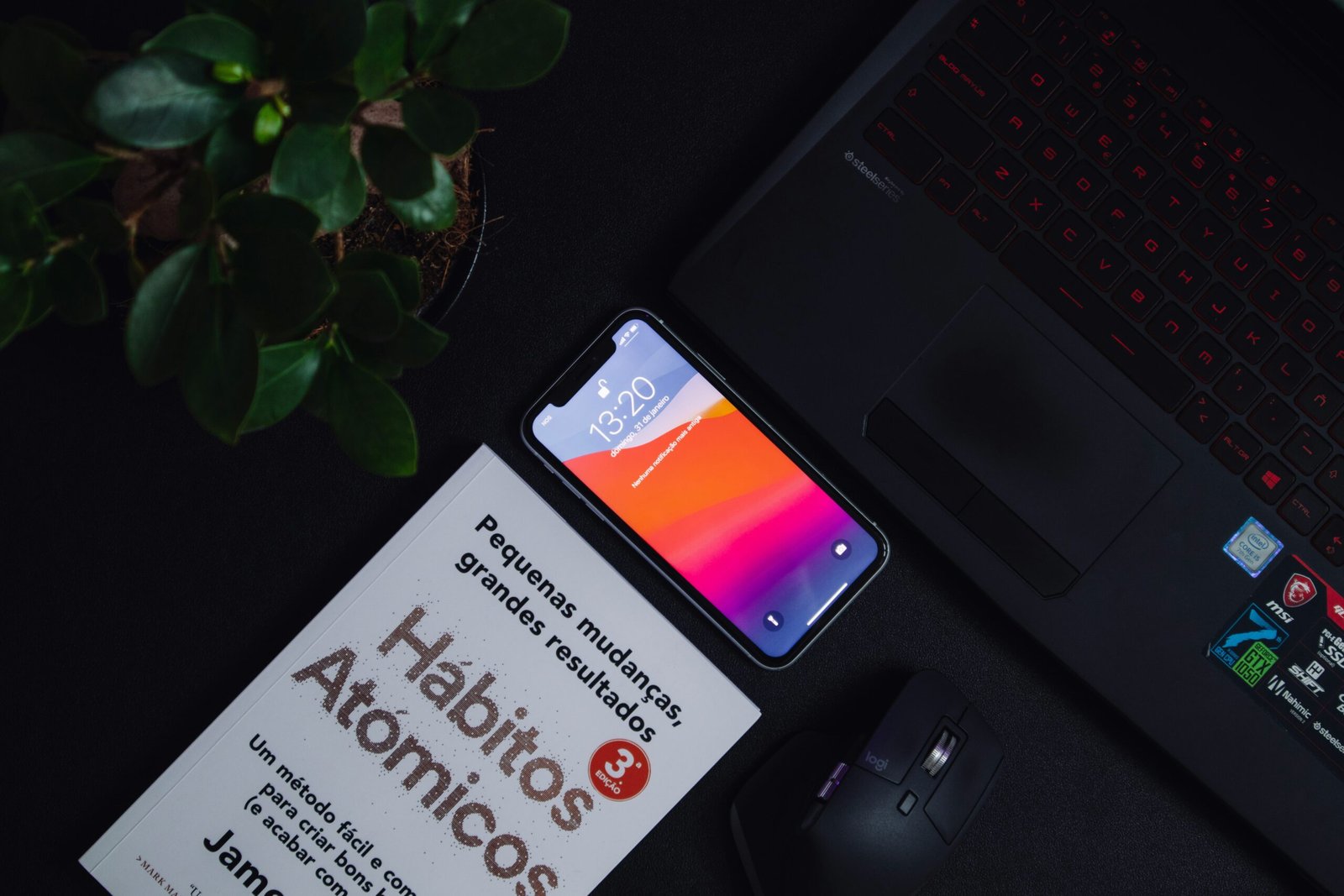
Przed Tobą
- I will present the example of Karolina and her speech techniques
- You will read about my workshops and exercises in public speaking and presentations
- I will emphasize the importance of the differences between introverts, extroverts and ambiverts
- You will learn about my role as an educator
Another public speaking and pitching ideas workshop is about to start. One week before I had given the small but very disciplined and creative group an assignment. Prepare a short presentation on any given subject. I also gave them some random universal topics to choose from, in case someone felt uninspired. The workshop starts. After a brief intro I ask the first person to present. Karolina (that is the first volunteer) name swiftly connects her Macbook and grabs a remote. She starts. And I listen.
She looks slightly timid standing aside, letting the impressive and very personal slides become the main focus. But the visuals do not steal the show. It is her voice. Soft, yet strong. Firm and precise that captures my attention. But what does the magic are her words. She does not improvise – I can tell. Her words are all thought out. The phrases take us on a well planned journey that was crafted with precision beforehand. The personal visuals correspond well with the verbal structure. All in harmony.
Karolina pauses every now and then. To collect her thoughts and to go on, I assume. But even when she stumbles occasionally I do not get the impression that she is severely stressed, paralysed. When she finishes, she tells me how she really felt. Scared. Karolina is an introvert. Her presentation and story was about that – the life of an introvert in a world where extraverted dominate. 6 out of 8 participants on that day turned out to be either introverted or ambiverted. In a relatively small group we worked and talked a lot. I gave feedback. They gave feedback. Later on I received some very important words on how this workshop changed their perspective. Little did they know how they changed mine. And how Karolina and others inspired me to work on ways to help introverts hone their message in a way that is less invasive and more organic.
At first I thought – my mission will be to help the introverts. But then I realised I actually hate the way „help the introverts” sounds. I clearly suggests that introverts are somewhat handicapped and need more attention than the extraverts. For me, as an extra/ambivert kind of person the most important work was to actually examine my own convictions. To do my job well, I need to find ways to understand the realities. And I need to take a look at my own stereotypes.
You could do that, too. I give you a task. Please draw a line that will show the scale from most Introverted to most Extraverted. How did it go? You might have done the same thing as I did when I quite recently took that task. I draw that line during one of the workshops trying to explain the concept of introverts, extraverts and ambiverts. Introverts landed on the very left end of the line and extraverts were sitting proud on the furthermost right end of it. Right next to an arrow. I took a look at that line and realised that it actually suggests that Introversion is kind of closer to 'less desired’ and extraversion is something like a goal to be achieved. That day I drew a different line. I simply changed the positions.
The proud march of the extraverts started in America in the beginning of the 20th century. The rise of a sales people superhuman kind took its toll. It was no longer desired to be quiet, timid and honest. Instead you were supposed to be outgoing, funny and sell the dream while sometime selling your soul and real personality traits. This is a simplified version of the events. If you are looking for more insightful view, read Quiet: The Power of Introverts in a World That Can’t Stop Talking. That is actually the book Karolina recommended in her presentation I mentioned. And that is the book that changed my perspective a lot. But most of all and most importantly it helped me gear up for every future workshop with both extraverts and introverts. Because we all need to one our communication skills. But my responsibility as an educator and a coach is to find ways that make it possible for all. When it comes to introverts I think I found a way.
First of all it is crucial to work on a public speaking skill shifting the focus from PUBLIC to speaking. And by speaking I mean crafting perfect stories with a well thought out and structured plot. Introverts with their highly analytical mind and the ability to zoom in and zoom out are the masters of precise words and phrases that shape great stories and presentations. Words matter. And introverts are good with words. Not that extraverts are particularly bed with them but they rely more on pathos (emotions). From my perspective it is not about forcing introverts to be 'charismatic’ and extraverts to be 'quiet and focused’. I always work on a given set of skills a person has. And I help find ways to compensate the lacks. When it comes to introverts I tell them to:
- Treat each presentation as a project they should analyse, plan out and rehearse;
- Turn the quiet and timid into a secret weapon by making it purposeful and necessary. I just make sure they use their natural way of speaking and making it their strength. Trust me: I staged once a presentation with a girl who was relatively quiet and timid. We gave her a good mic, she stood in dim light still, looking more like a sculpture with a beautiful silhouette. She was precise and the slides were an art form that complimented her quite yet precise narrative. And everyone was mesmerised. But most importantly she felt comfortable. She didn’t have to face the audience so directly. She felt safe in her improvised and thought out bubble of stage persona.
- Compensate the lack of pathos (strong emotions) in non-verbal of the voice with the power of visuals and divine precision.
- Rehearse till they drop. But that is the advice I give everyone.
I teach people how to pitch. I help them hone their message. This process usually takes a form of a intense workshop. But intensity means different things for different people. Extraverts and introverts are mainly different because they need different stimulation they get from the world outside. From the time I met Karolina I respect that. For me every workshop is special. I teach and I learn. On that day I’ve learned a lot… about introverts, extraverts and ambiverts. After all, we are all human and as Shakespeare wrote If you prick us do we not bleed? If you tickle us do we not laugh? That’s our humanity. Introverted or not.










Komentarze
Proszę o zachowanie kultury wypowiedzi w komentarzach.